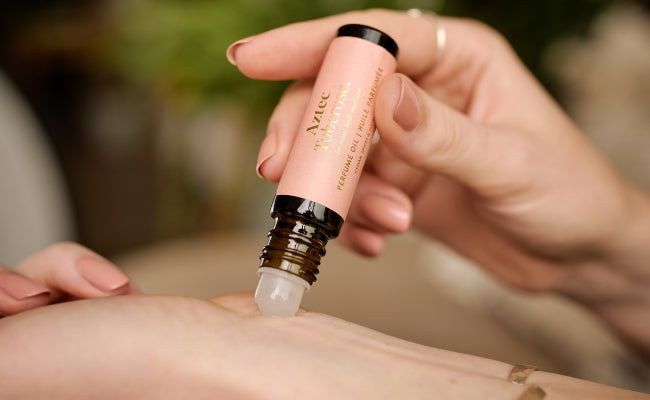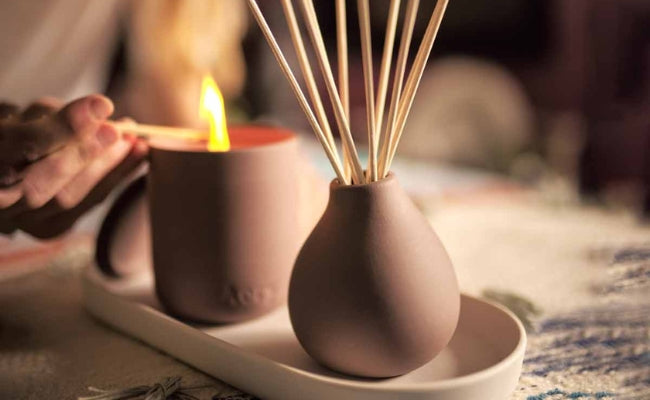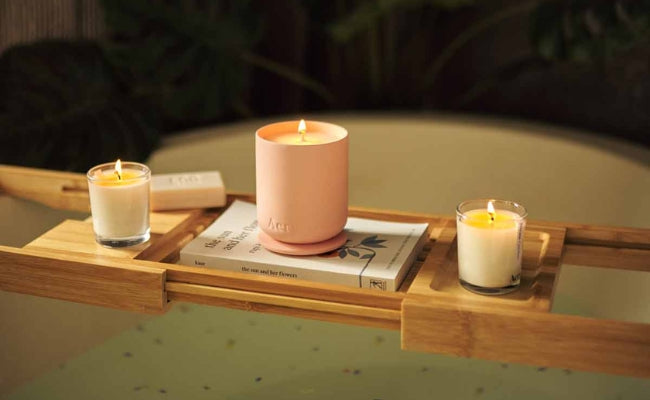
Self-care Rituals For Seasonal Affective Disorder
As the days get shorter and darker, it’s not unusual for feelings of winter blues to creep in. While we try to embrace the cosy season, there’s no denying that the lack of daylight in autumn and winter can make us feel down and lethargic. For some, this change of season can be felt more severely and this is known as Seasonal Affective Disorder (SAD).
If you experience these feelings of seasonal depression, it’s important to know you’re not alone. Here are some self-care rituals to help ease the symptoms of SAD and winter blues, making the colder, darker months a little more bearable.
Create a routine
Light is the most powerful synchroniser of our body’s natural clock. When daylight is limited in autumn, it's easy for our routines to become non-existent. Establishing a daily routine helps to combat these feelings of chaos and low energy and give a sense of structure. This means keeping to a consistent sleep schedule and prioritising morning and evening rituals that support your wellbeing.

Go for daily walks
Although you may not want to venture out when it’s cold and grey, making the most of the limited daylight is so important if you struggle with SAD. Not only does the light exposure boost serotonin (your happy hormone!), it also helps to regulate your body clock which makes it easier to keep to a routine. Not to mention those feel-good endorphins that are released when you get outside and move your body.
Nourish your body
Giving your body the nourishment it needs is the ultimate act of self-care, but prioritising a healthy diet isn’t easy when suffering from SAD. Your body often craves comfort foods that provide a temporary boost in mood, making it harder for you to eat a balanced diet. Eating foods rich in vitamin D and omega-3 fatty acids can help regulate your mood in a more sustainable way.
Prioritise movement
Exercise naturally uplifts you as it releases those wonderful chemicals that make you feel happier and less anxious. It doesn’t have to be anything intense, just getting your body moving in a way that feels good to you can make such a difference to your wellbeing. Just like getting outdoors, exercise can also help regulate your body’s natural clock.

Practice mindfulness
Mindfulness is about taking time for yourself to be aware of your thoughts and feelings without judgment. Meditation and breathwork are both great ways to introduce this act of self-care into your routine and eases the symptoms of SAD and winter blues, helping to boost mood, reduce stress and encourage self-awareness.







